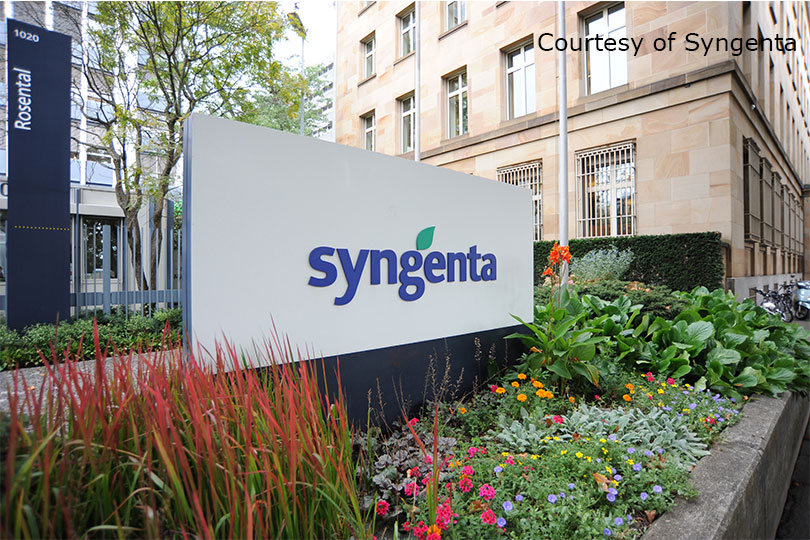By Jessica Domel
Multimedia Reporter
Inaction could cost corn farmers their part of a $1.51 billion settlement.
Notices are being mailed to farmers and anyone else affected by Syngenta’s sale of Viptera corn seed in the United States before it was allowed in shipments to China.
There are four groups of people who may be included in the class-action lawsuit against Syngenta. The main group is anyone who produced corn and sold it between 2013 and 2018.
“You don’t have to have done anything to this point. You may not even have known that this was going on. Yet, based on this really broad class definition, you’re a member of that class,” Tiffany Dowell Lashmet, Texas A&M AgriLife Extension Service agricultural law specialist, said in an interview with the Texas Farm Bureau (TFB) Radio Network. “You’ll probably get a notice in your mailbox that explains this in more detail, but that’s what’s coming.”
“When you get that form in the mail, if you just ignore it or throw it in the trash, you’re technically still a member of the class because the way that definition is written, you’re included unless you opt-out,” Lashmet said. “So, you’re a member of the class. You will waive your right to sue Syngenta for these same claims later, but you won’t receive any part of the settlement proceeds because you didn’t file a claims form.”
Farmers who want their part of the settlement must complete the form and return it.
“It authorizes the claim administrator to go in, and pull your FSA-578. That shows your acres produced of corn and your yield information. That’s how they’re going to figure out how much settlement proceeds people are entitled to,” Lashmet said.
The deadline to return the form is Oct. 12.
“If you do stay in the class, if you submit that claims form, then you are waiving your right to have any other claim against Syngenta,” Lashmet said. “You won’t be able to go later and file your own lawsuit against Syngenta related to the facts of this case.”
Another option is opt out of the class, forfeit your share of the settlement proceeds and retain your right to potentially sue Syngenta later.
The deadline to opt out is Aug. 10.
Farmers can also object to the settlement.
“What happens there is you decide to remain in the class, but you want to object to the terms of the settlement,” Lashmet said. “Maybe you don’t think the terms are fair. Maybe you don’t like the dollar amount, or you don’t agree with how they’re calculating people’s percentages. You can object to that settlement.”
The court will host a final fairness hearing in November when those objections will be heard and considered.
“Once the final approval hearing happens, the court will give final approval. They basically decide whether the settlement is fair, reasonable and adequate,” Lashmet said.
After the final judgment is entered, the court will deal with attorneys’ fees and cost petitions. They’ll then move forward with the administration of the settlement.
“They’ll know exactly how much is going to be included for each sub-class and figure out how much money each individual class member’s going to receive,” Lashmet said.
Over half-a-million people, including grain handling and ethanol facilities, are included in the class.
Syngenta and the attorneys representing the class agreed to the settlement in late September.
A statement from the company said the settlement will allow both sides to avoid the uncertainty of ongoing litigation.
“The settlement does not constitute an admission by either side concerning the merits of the parties’ allegations and defenses,” the statement said.
The class claimed Syngenta’s sale of Agrisure Viptera and Duracade corn traits before earning China’s approval caused “catastrophic damage” to the American corn industry when China detected the strain and stopped buying all American

